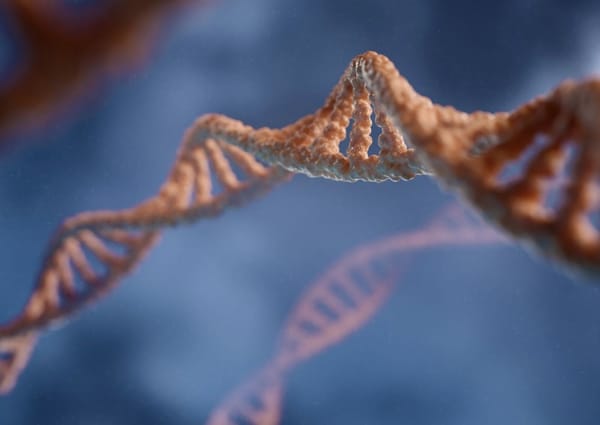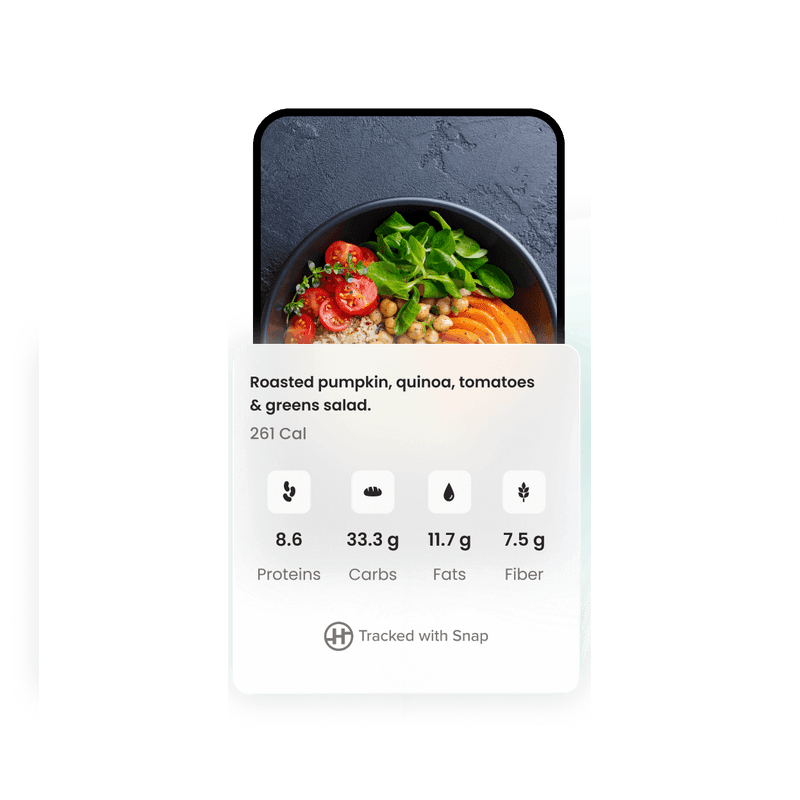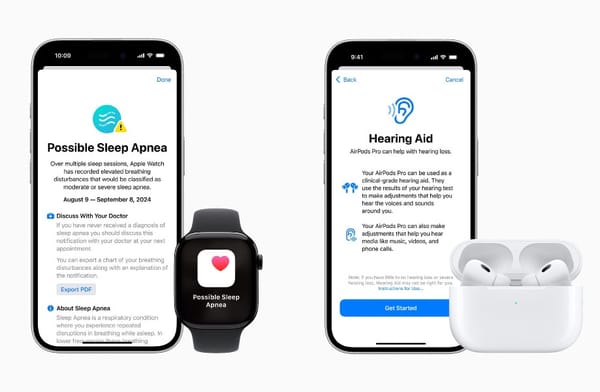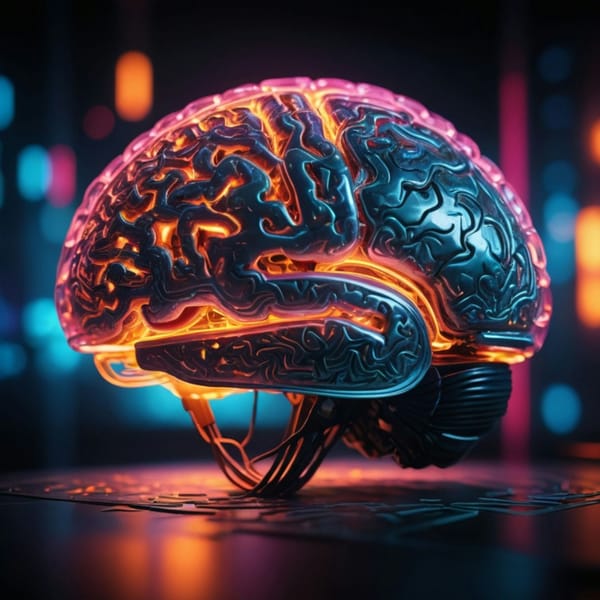Artificial intelligence is revolutionizing the field of nutrition by offering personalized diet plans tailored to individual health data, dietary preferences, and lifestyle factors. Leveraging advanced machine learning algorithms, AI-powered platforms provide precise nutritional recommendations, transforming how individuals approach their diets and overall health.
AI in Nutrition
Artificial intelligence (AI) is significantly transforming the field of nutrition by leveraging advanced machine learning algorithms to perform comprehensive dietary analyses. These algorithms can process extensive dietary data, including food intake records, nutrient content, and portion sizes, to provide precise insights into an individual’s eating habits[1]. This data-driven approach enables the detection of nutrient imbalances, tracking of calorie intake, and identification of dietary trends, which might be overlooked by traditional methods[1].
One of the primary advantages of AI-driven dietary assessments is the accurate identification of nutritional deficiencies. By analyzing an individual’s dietary intake data, AI can pinpoint specific vitamins, minerals, or macronutrients that are lacking in their diet. For instance, if someone consistently consumes too few sources of vitamin C, AI can flag this deficiency, enabling targeted dietary interventions[1]. This level of precision is essential for individuals with specific dietary restrictions or medical conditions, such as vegans or people with celiac disease[1].
AI also excels in creating personalized diet plans based on an individual’s unique dietary data. Once nutritional deficiencies or imbalances are identified, AI algorithms can generate customized diet recommendations. These plans are designed to address the individual’s health goals, whether it’s weight loss, muscle gain, or managing a chronic condition[1][2]. For example, if someone is looking to manage their cholesterol levels, AI can create a diet plan that emphasizes foods known to reduce cholesterol while avoiding those that may increase it[1].
The future of AI in personalized nutrition is poised to expand even further with advancements in AI technology, integration with wearable devices, and telemedicine. Improvements in machine learning, deep learning, and natural language processing will enhance AI’s ability to analyze dietary information more precisely and provide better recommendations[1]. Wearable technology, such as fitness trackers and smartwatches, will likely integrate seamlessly with AI-powered nutrition platforms, allowing for real-time data collection and adjustment of dietary recommendations based on changing health status and activity levels[1]. Additionally, AI in telemedicine can facilitate more efficient consultations with healthcare providers, enabling tailored dietary advice and continuous monitoring of progress[1].
However, the integration of AI in nutrition also brings ethical considerations, such as data privacy and responsible use of personal information. Ensuring that AI systems handle sensitive health data securely and ethically is crucial to maintaining user trust and protecting privacy[1][3]. As AI continues to evolve, balancing the benefits of personalized nutrition with ethical considerations will be essential for the field to progress responsibly.
In summary, AI is revolutionizing nutrition by providing personalized, precise, and adaptive dietary recommendations. As technology advances, the potential for AI to improve global health through tailored nutrition strategies becomes increasingly promising[1][2][3].
Sources:
How AI Personalizes Diets
Artificial intelligence (AI) personalizes diets by leveraging advanced machine learning algorithms to analyze an individual's unique dietary data, health goals, and lifestyle factors. This data-driven approach enables AI to generate tailored nutritional recommendations that are more precise and effective than traditional methods.
AI begins by collecting extensive data on an individual's eating habits, including food intake records, nutrient content, and portion sizes[1]. This information is processed to identify patterns and trends that might be overlooked by conventional dietary assessments. For example, AI can detect nutrient imbalances, such as a consistent deficiency in vitamin C, and flag these issues for targeted dietary interventions[1].
Once nutritional deficiencies or imbalances are identified, AI algorithms create personalized diet plans that address the individual's specific health goals. These plans consider various factors, such as dietary restrictions, medical conditions, and personal preferences[1][2]. For instance, if someone aims to manage their cholesterol levels, AI can design a diet emphasizing cholesterol-lowering foods while avoiding those that may increase it[1].
AI-powered platforms also integrate real-time data from wearable devices, such as fitness trackers and smartwatches, to continuously monitor an individual's activity levels, heart rate, and other health metrics[1]. This integration allows AI to adjust dietary recommendations dynamically, ensuring that the diet remains aligned with the individual's current health status and activity levels[1].
Moreover, AI can incorporate the latest nutritional research to provide evidence-based recommendations. This ensures that the dietary advice is not only personalized but also up-to-date with current scientific findings[1]. By leveraging AI, individuals receive diet plans that are more likely to be followed and successful, as they are tailored to their unique needs and preferences[1][2].
In summary, AI personalizes diets by analyzing detailed dietary data, identifying nutritional deficiencies, and creating customized diet plans that adapt to real-time health metrics and incorporate the latest research. This personalized approach enhances adherence to dietary recommendations and improves long-term health outcomes[1][2][3].
Sources:
Benefits of AI Nutrition Plans
AI nutrition plans offer numerous benefits, transforming how individuals approach their dietary habits and overall health. One of the primary advantages is the ability to provide highly personalized dietary recommendations. By leveraging advanced machine learning algorithms, AI can analyze extensive dietary data, including food intake records, nutrient content, and portion sizes, to offer precise insights into an individual’s eating habits[1]. This data-driven approach enables the detection of nutrient imbalances, tracking of calorie intake, and identification of dietary trends, which might be overlooked by traditional methods[1].
Another significant benefit is the accurate identification of nutritional deficiencies. AI can pinpoint specific vitamins, minerals, or macronutrients that are lacking in an individual's diet, allowing for targeted dietary interventions[1]. This is particularly beneficial for individuals with specific dietary restrictions or medical conditions, such as vegans or people with celiac disease, ensuring their dietary plans meet their nutritional needs[1].
AI also excels in creating customized diet plans that align with an individual’s health goals, whether it’s weight loss, muscle gain, or managing a chronic condition[1][2]. These plans consider various factors, such as dietary restrictions, medical conditions, and personal preferences, making them more likely to be followed and successful[1]. For example, AI can design a diet plan that emphasizes cholesterol-lowering foods while avoiding those that may increase cholesterol levels[1].
The integration of AI with wearable devices, such as fitness trackers and smartwatches, allows for real-time data collection and adjustment of dietary recommendations based on changing health status and activity levels[1]. This dynamic adaptability ensures that the diet remains aligned with the individual’s current health metrics, enhancing the effectiveness of the dietary plan[1].
Moreover, AI-powered nutrition platforms can incorporate the latest nutritional research to provide evidence-based recommendations, ensuring that the dietary advice is up-to-date with current scientific findings[1]. This enhances the credibility and reliability of the diet plans, promoting better adherence and long-term health outcomes[1][2].
In addition to these benefits, AI nutrition plans can also improve accessibility and convenience. Mobile apps and online platforms enable users to log their meals, track progress, and receive feedback on the go, making it easier to stick to their dietary plans[4]. This convenience is particularly valuable for busy individuals who may struggle to find time for traditional dietary consultations.
In summary, AI nutrition plans offer personalized, precise, and adaptive dietary recommendations that enhance adherence, improve long-term health outcomes, and provide greater convenience and accessibility for users[1][2][4]. As AI technology continues to advance, the potential for AI to revolutionize personalized nutrition and global health becomes increasingly promising[1][4].
Sources:
Challenges and Future Potential
Despite the promising advancements in AI-powered personalized nutrition, several challenges need to be addressed to fully realize its potential. One significant challenge is the accuracy and reliability of AI algorithms. While AI can process vast amounts of dietary data, the quality of the recommendations heavily depends on the accuracy of the input data and the robustness of the algorithms used[1]. Inaccurate or incomplete data can lead to suboptimal dietary advice, which could negatively impact an individual's health.
Another challenge is data privacy and security. AI nutrition platforms require access to sensitive personal health data to provide personalized recommendations. Ensuring that this data is handled securely and ethically is crucial to maintaining user trust and complying with data protection regulations[1][3]. The potential misuse of personal data for commercial purposes or unauthorized access by third parties poses significant ethical and legal concerns.
The integration of AI with existing healthcare systems also presents challenges. Seamless integration requires interoperability between different health data sources, such as electronic health records, wearable devices, and AI platforms. Achieving this interoperability can be complex and resource-intensive, requiring collaboration between technology providers, healthcare institutions, and regulatory bodies[1].
Moreover, the effectiveness of AI-driven dietary recommendations relies on user adherence. Human behavioral factors, such as motivation, habits, and preferences, play a crucial role in the success of personalized nutrition plans[5]. AI tools must be designed to engage users effectively and provide ongoing support to encourage adherence to dietary recommendations.
Looking ahead, the future potential of AI in personalized nutrition is vast. Advancements in machine learning, deep learning, and natural language processing will enhance AI's ability to analyze dietary information more precisely and provide better recommendations[1]. The integration of AI with wearable devices and telemedicine will enable real-time data collection and dynamic adjustment of dietary plans, ensuring that recommendations remain aligned with an individual's current health status and activity levels[1].
AI can also play a pivotal role in promoting sustainable and accessible nutrition. By analyzing large datasets on food production, environmental impact, and individual needs, AI can create dietary recommendations that minimize food waste, promote regionally sourced ingredients, and optimize nutrition for entire communities[4]. This holistic approach has the potential to improve global health and contribute to a more sustainable food system.
In summary, while challenges such as data accuracy, privacy, and integration need to be addressed, the future potential of AI in personalized nutrition is promising. Continued advancements in AI technology and a focus on ethical considerations will pave the way for more effective, accessible, and sustainable dietary solutions[1][4][5].
Sources:














Member discussion